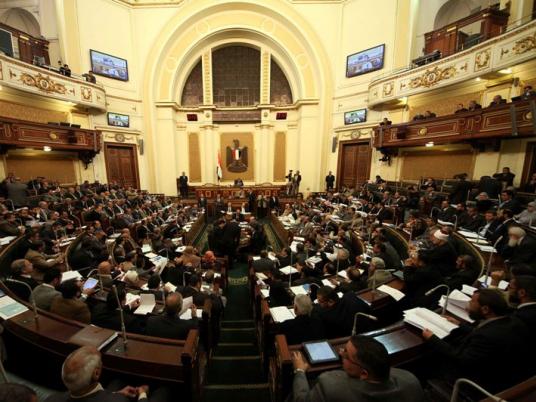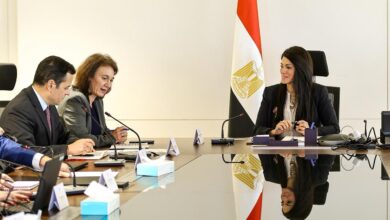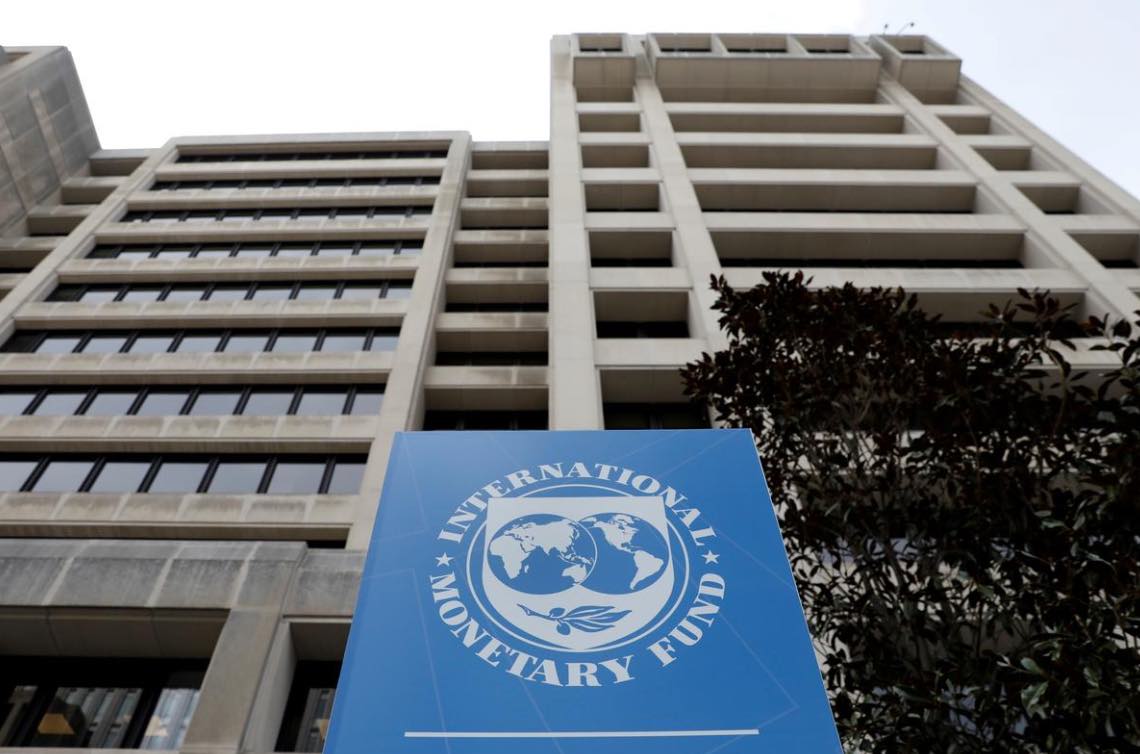
Meetings between the International Monetary Fund delegation and Egyptian opposition leaders and civil society organizations have caused confusion and tension within the government, according to parliamentary and government sources.
One source of tension is a request by the Cabinet to the Shura Council withdrawing the draft general budget for the fiscal year 2013-2014, pending new amendments to certain clauses.
Sources, asking not to be named, said the request came within the past couple of days during meetings with the delegation, which is negotiating a possible US$4.8 billion loan to help fill the budget deficit.
The Cabinet withdrew the budget after the IMF deemed planned energy subsidy cuts insufficient. Sources said that any more cuts may lead to higher costs for citizens.
The IMF delegation has also suggested that the loan may be reduced, due to its concerns over the economic reform program, particularly its failure to curb energy subsidies and the LE200 billion deficit.
Former IMF adviser Fakhry Fiqy said that the IMF's meeting with National Salvation Front members may further delay the process, since the group rejects the loan.
However, NSF member and Popular Current Chief Hamdeen Sabbahi said he told the IMF delegation that he welcomes any unconditional support to the Egyptian economy to boost development and investment.
He rejected any loans that could harm the poor and that would set conditions such as price hikes, salary reductions and subsidy removals.
During a press conference held after meeting the delegation Saturday, Sabbahi said, “We support every penny for earning a living and providing jobs, and [stand] against any penny that burdens the poor with additional loads.”
He added that the delegation hadn't given any more information on about the negotiations or the Cabinet's reaction to possible conditions on the loan.
Sabbahi additionally called on the IMF not to interfere with ongoing attempts between the government and the opposition to reach a political consensus as a way to finalize the loan, while adding that the IMF should not be identifying possible ways to spend the loan.
Meanwhile, Deputy Prime Minister and former Finance Minister Hazem al-Beblawy said that the government's economic program will address imbalances within the state budget and will tackle subsidies.
He added that the government can only reduce spending in two areas, energy subsidies and food commodity subsidies, in order to get the loan.
Government spokesperson Alaa al-Hadidi told London-based newspaper Asharq Al-Awsat on Saturday that the government is satisfied with the current negotiations.
The IMF delegation, headed by Andreas Bauer, had met with Sabbahi and Dostour Party head Mohamed ElBaradei Saturday, as well as with representatives of the Nour Party.
The delegation also met with Freedom and Justice Party representatives, as well as former presidential candidates Amr Hamzawy and Amr Moussa.
Edited translation from Al-Masry Al-Youm




